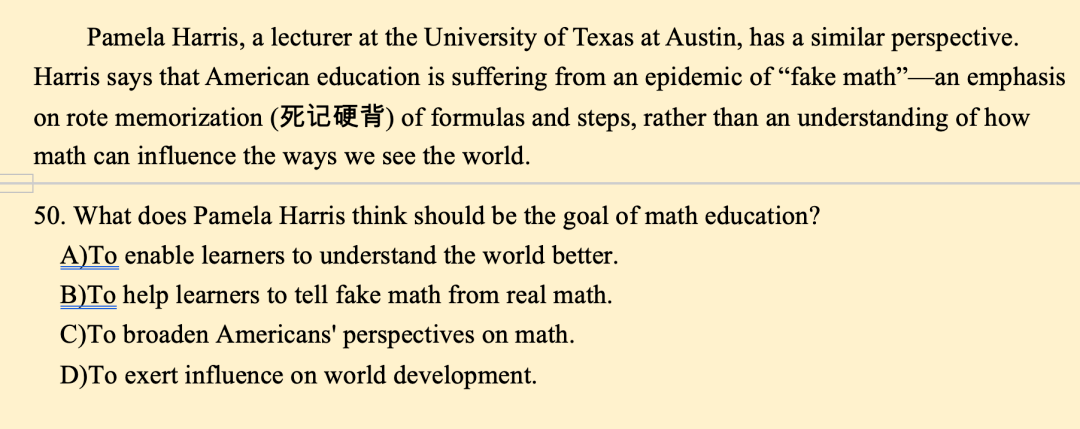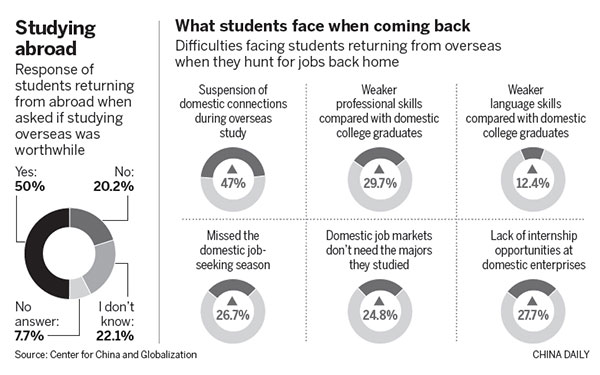Is Forbearance Bad for Student Loans? Understanding the Implications and Consequences
Guide or Summary:Understanding ForbearanceThe Pros of ForbearanceThe Cons of ForbearanceImpact on Credit ScoreAlternatives to ForbearanceConclusion: Weighin……
Guide or Summary:
- Understanding Forbearance
- The Pros of Forbearance
- The Cons of Forbearance
- Impact on Credit Score
- Alternatives to Forbearance
- Conclusion: Weighing the Options
#### Translation: Is forbearance bad for student loans?
Understanding Forbearance
Forbearance is a temporary relief option for borrowers who are struggling to make their student loan payments. It allows students to pause or reduce their payments for a specified period without going into default. While this may sound beneficial, it’s crucial to understand the long-term implications of forbearance on student loans.

The Pros of Forbearance
One of the primary advantages of forbearance is the immediate relief it provides to borrowers facing financial hardship. It can be a lifeline for students who have lost their jobs, are dealing with unexpected expenses, or are unable to find stable employment after graduation. During forbearance, borrowers are not required to make monthly payments, which can alleviate some financial pressure.
The Cons of Forbearance
However, is forbearance bad for student loans? The answer is complex. While it offers short-term relief, it can lead to significant long-term consequences. Interest continues to accrue during forbearance, which means that the total amount owed can increase substantially by the time the borrower resumes payments. This can lead to a cycle of debt that is difficult to escape.

Impact on Credit Score
Another factor to consider is the impact of forbearance on a borrower’s credit score. While entering forbearance itself does not directly affect credit scores, the accumulation of unpaid interest and the eventual increase in loan balance can lead to higher monthly payments, making it more challenging for borrowers to keep up with their obligations. If they miss payments after forbearance ends, their credit score can suffer significantly.
Alternatives to Forbearance
Before opting for forbearance, borrowers should explore other alternatives. Income-driven repayment plans, for example, can adjust monthly payments based on income and family size, potentially providing a more sustainable solution. Additionally, loan forgiveness programs may be available for those who qualify, especially for public service workers.

Conclusion: Weighing the Options
In conclusion, while forbearance can provide temporary relief for student loan borrowers, it is essential to consider whether it is ultimately beneficial in the long run. The question, "Is forbearance bad for student loans?" highlights the need for borrowers to be informed about their options. They should carefully weigh the pros and cons and consider alternatives that may provide more sustainable financial relief without the drawbacks associated with forbearance. Understanding the implications of forbearance can help borrowers make informed decisions about their student loans and financial future.